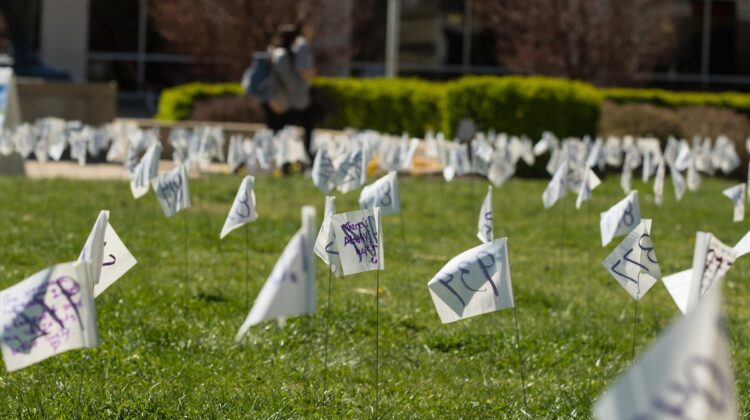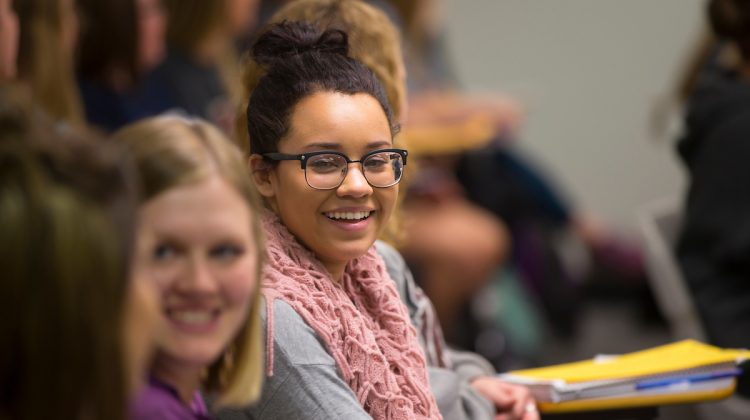According to the American Psychological Association, suicide rates rose at an alarming rate over the past two decades.
This is a trend that Robin Farris, licensed counselor and director of Missouri State University’s Center City Counseling Clinic (CCCC), observed over the past decade.
“We used to tell students ‘You might see suicidal issues in a semester,’” Farris said. “Now, we tell students ‘You WILL see clients with suicidal ideation every week.’” This has increased so much that students now take a mandatory training in suicide prevention before they even start working with clients.
The clinic is a community outreach of the department of counseling leadership and special education at MSU.
Missouri State master’s level students obtain direct client contact experience by providing counseling sessions to adults, teens, children and couples at the clinic under the supervision of licensed instructors.
“We are proud of our ability to assist between 80-90 people per week with their emotional struggles and mental health issues,” said Farris. “For many of our clients, it’s a service they just couldn’t afford if not for the clinic’s sliding scale policy. We won’t turn away anyone because of an inability to pay.”
Learn more about the Center City Counseling Clinic
Mental health concerns
Mental health is a complex issue, specifically when considering the recent uptick in anxiety, depression and suicidal ideation
“There is so much rapid change with technology and so much crisis with the whole world – environmentally, economically and politically,” Farris said. “So much of that stress is felt by people in their day to day without them being consciously aware of it.”
While the recent pandemic has brought these issues to the forefront, the trend existed before quarantine and social distancing protocols.
“People are so frantic for life, meaning and connection,” Farris said. “They don’t know which way to go, so they’re just crashing.”
Negative stigmas around mental health care still exist, but attitudes are becoming more compassionate thanks to better education about mental health.
“It’s not just about physical and spiritual health. There’s also mental and emotional health,” Farris said. “To be a healthy, well-rounded person, we need to be as balanced and healthy as we can across these categories.”
Making a difference
The Council for the Accreditation of Counseling and Related Educational Programs (CACREP) accredits the counseling program. This gives students a leg up in their job search after graduation.
In addition to receiving training through an accredited program, MSU students learn to navigate a variety of intense concerns that shape the role of counselors.
Farris said the Center City Counseling Clinic is known for its warm, inclusive environment and receives positive feedback each semester in their anonymous surveys of clients.
“I’m always proud to pass positive feedback on to students,” she said. “They may be in their early stages as counselors, but they are making a difference.”


